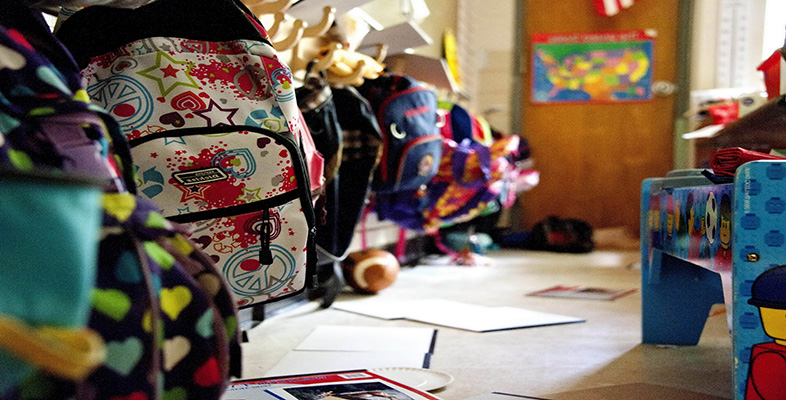2.1 What is the value of teaching assistants?
Over time, evidence of the value of teaching assistants has increased, particularly in research reports. Kathy Hall and Wendy Nuttall (1999) in their survey of English infant teachers found that 75 per cent rated classroom assistants as equal to, or more important than, class size in terms of the quality of teaching and learning. Valerie Wilson et al. (2002) provided evidence from Scotland and Roger Hancock et al. (2002) added to the evidence from England. References to the important work of learning support staff can also be found in formal inspection reports from the national inspection bodies. In Northern Ireland a chief inspector’s report stated, ‘Evidence from inspection highlights the positive contribution made by classroom assistants, including those employed under the “Making a Good Start” initiative (MAGS), in helping to promote and support the children’s early learning and development’ (ETI, 2002).
The large scale study by Blatchford et al. (2012) examined two aspects of impact:
- the effects on teachers in terms of their workloads, job satisfaction and levels of stress, and their teaching
- the effects on pupils, in terms of their learning and behaviour, measures of positive approaches to learning and their academic progress in English, mathematics and science.
As might be expected given other research studies to date, the researchers found that assistants had positive effects on teachers and their teaching. Surprisingly, however, they found ‘a negative relationship’ between teaching assistant support and pupils’ measured academic progress. They state, contrary to common sense, it seems, ‘The more [teaching assistant] support pupils received, the less progress they made.’ (Blatchford et al., 2012, p. 46). We find this hard to believe.
The authors do not attribute blame to teaching assistants, however. They explain this finding by pointing to factors governing assistants’ working contexts, the general lack of briefing that they receive, and the need for teachers to share their own higher order skills and knowledge. Nevertheless, our association with teaching assistants and their work over a long period suggests that the reality is far more complex.
